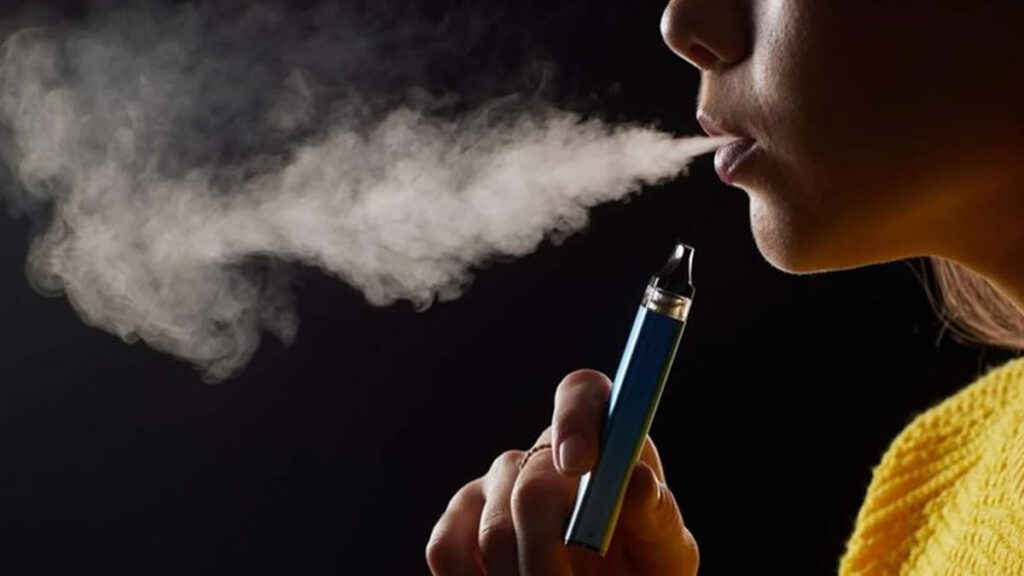Despite a comprehensive ban on the commercialization, importation, and advertising of e-cigarettes in place since 2011, Argentina is facing an alarming increase in vape use among adolescents. The World Health Organization (WHO) and the Argentine Society of Pediatrics (SAP) are warning that these devices pose a serious public health risk and threaten to "re-normalize" smoking habits among youth.
The Global Youth Tobacco Survey revealed that 7.1% of Argentine students aged 13-15 use e-cigarettes. In the city of Buenos Aires, a 2023 survey found this figure to be 8%. Furthermore, it's estimated that one in four 12- and 13-year-olds has tried vaping, with over 11% having used them in the last month. The Inter-American Heart Foundation reports that 61% of adolescents initiate use between ages 14 and 15.
A key concern is the low perception of risk among youth: nearly 42% believe vapes are less harmful than conventional cigarettes, and 40% are unaware of their danger level. Health experts attribute this to aggressive marketing by the tobacco industry, using attractive flavors, eye-catching packaging, and social media influencers to capture "new generations of nicotine addicts."
Health risks are well-documented, including nicotine addiction, brain development damage, and serious respiratory illnesses like EVALI, with Argentina's first case detected in 2019. Despite the ban, illegal sales, particularly online, are expanding. A proposed national law to tax e-cigarettes has been criticized by addiction observatories, who argue it would effectively legalize a harmful product and contradict existing health regulations.
Meet Nick Schager, the co-founder of our vaping website. With a solid foundation of over 10 years in the industry, Nick brings an unparalleled depth of knowledge, having an extensive understanding of more than 1000 vaping products.




